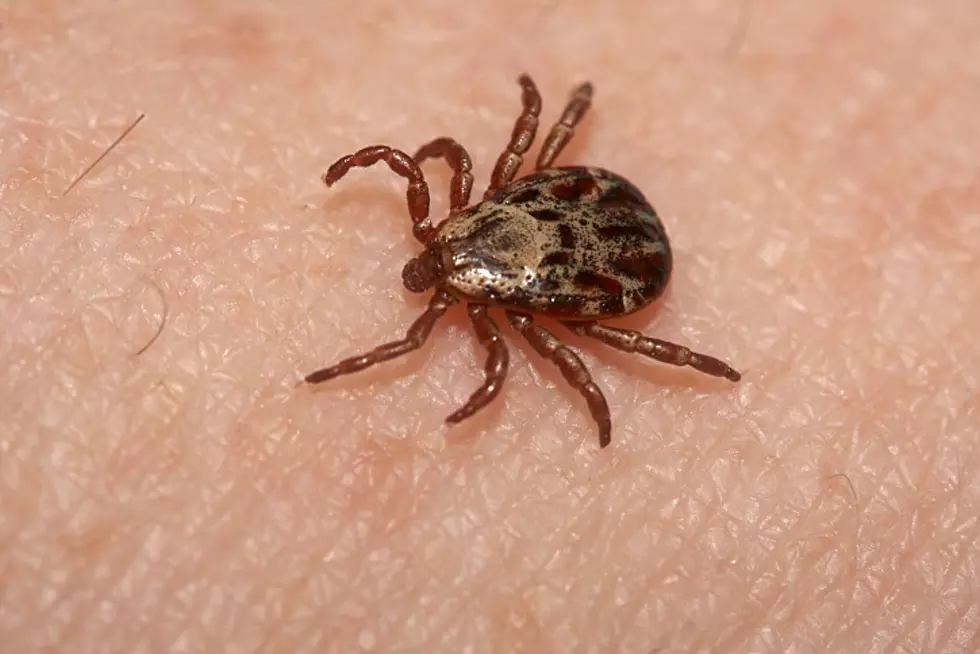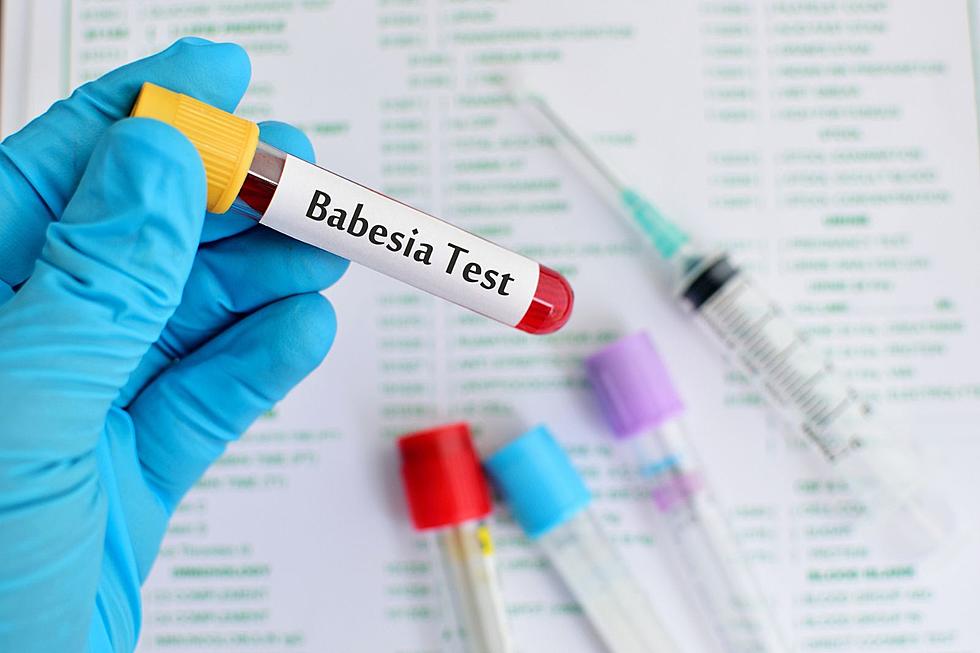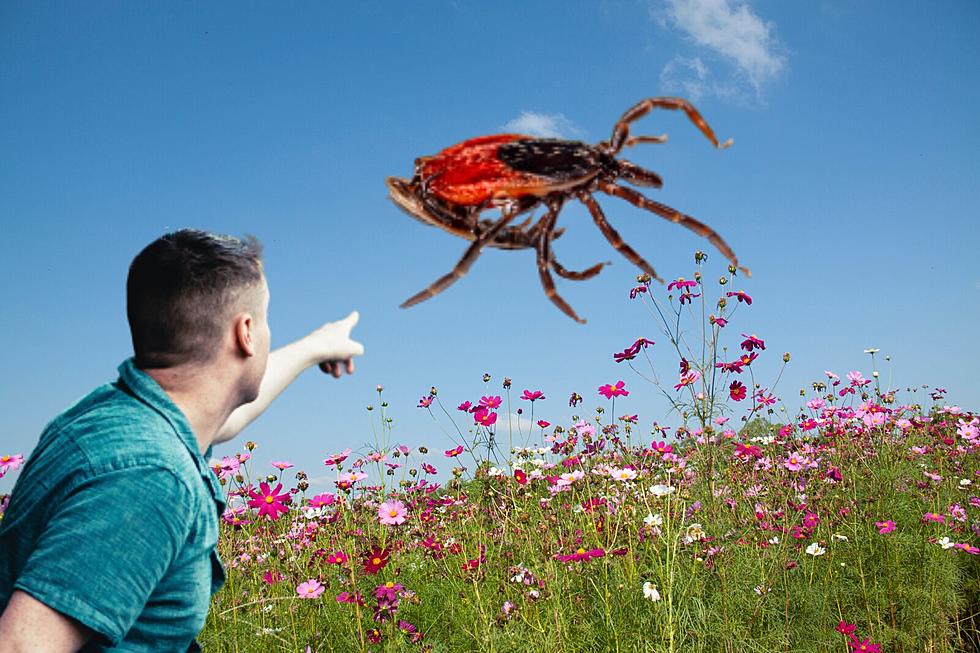
Tick-Borne Powassan Virus in Maine-What You Need to Know
For the first time in two years, the Maine Center for Disease Control has confirmed that a case of Powassan Virus was discovered in a patient from Southern Maine according to WGME.
The virus is rare with only 11 cases in Maine in the last 19 years. Unlike the more common Lyme, there is no "bullseye" indicator of a problematic tick bite. All the more reason to send ticks off for testing with the University of Maine, Orono offering this service for $15 for Maine residents.
Those with Powassan virus may not show any symptoms according to the CDC but if they do, it could start as fever, headache, vomiting, or weakness. With increased severity, someone with the virus may develop a brain infection or meningitis. Symptoms at that point present as confusion, loss of coordination, difficulty speaking, and seizures. Long term effects could include recurring headaches, loss of muscle mass and strength, and memory problems.
The CDC reports that the virus can be carried by the groundhog tick, squirrel tick, as well as the deer tick, noting that out of the three, the deer tick is the only one that typically bites humans.
To reduce your risk of any tick-borne illness, remember to wear appropriate repellant when outside and check for ticks whenever you come in from the outdoors.
More From 92 Moose









